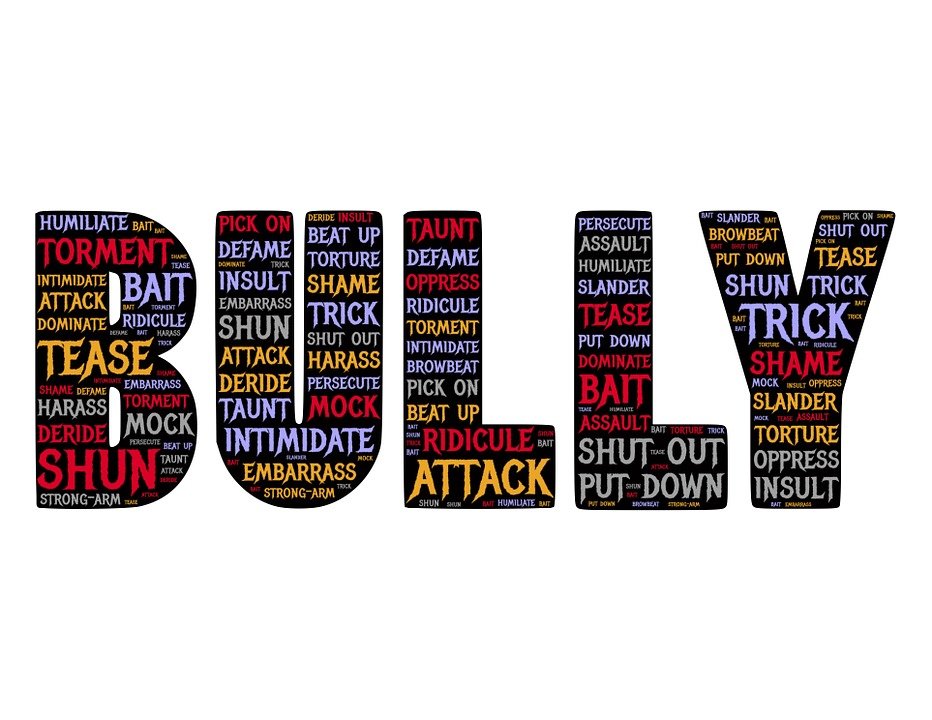Safer workplaces: Pitfalls to avoid when dealing with workplace bullies


UK (acas.org.uk), US (www.workplacebullying.org) and Australian (http://prints.qut.edu.au/88058) research has found workplace safety is often placed at risk in bullying situations. Why? Perhaps unsurprisingly, individuals who find themselves suddenly dealing with a bully tend to (understandably) react emotionally and show surprise, anxiety, frustration and/or anger. However, emotional responses can open the individual to further manipulation and aggression from the bully and create an unsafe work environment for the target.
While many workplaces give advice on dealing with bullying and harassment, few provide realistic guidance on what not to do when dealing with a bully. Based on research by the Workplace Bullying Institute (www.workplacebullying.org) and the author (www.drflis.com), here are some of the pitfalls to avoid when dealing with bullies at work.
- Don’t thrash yourself. Stop unnecessarily thrashing yourself. Perhaps you could have picked up on the bullying behaviour earlier and responded differently. So what? You didn’t ask for any of this. Instead, view this whole episode as an opportunity to re-evaluate who you are, your values, and what you want out of life.

- Avoid making a snap emotional decision that will hurt your health or professional reputation. If you know the organisation will never listen to you, then plan to get a BETTER job. Never, ever accept an offer or a decision that undermines your personal integrity as you may end up disliking yourself. – Don’t expect to be unaffected by the bullying behaviour. All humans are social beings. According to Professor Matthew Liebermann humans feel social pain such as bullying, isolation and disrespect, in the same part of the brain as we feel physical pain. Take some time out to detox and regroup.
- Don’t let your employer dodge the issue. It’s your employer’s responsibility under occupational health and safety laws to provide employees with a safe workplace. Bullying behaviour is not safe behaviour and does not foster safe workplaces.
- Don’t change yourself. If you find that you’re changing some intrinsic aspect of yourself to cope with your toxic workplace, then stop and ask yourself if this is really the road you want to travel.
- Get an expert mentor to give you immediate help to disrupt the bullying and to plan your next steps. Good mentors are skilled at workplace political nous and can help you more quickly recognise a bully and strategically negotiate your way through negative workplace situations. Look around for one that offers support similar to what I offer at www.drflis.com.
- Don’t necessarily place your full trust in HR. HR is full of well intentioned and helpful people, however their principal role is to support management and protect the organisation. This may mean removing you (the target) rather than the bully from the workplace. Keep this in mind.
- Don’t place your FULL trust in the organisation’s employee assistance counsellors. Ask your counsellor for reassurance or proof that the details of your case will remain confidential and not reported to management. If you can’t get this reassurance in writing then ask for another counsellor who will.
- Don’t seek support from the bully’s boss. Unless you have a very good relationship with that person, it’s quite possible the bully’s boss is just as scared of the bully as you are, or the bully is somehow useful to the boss. One of my previous bosses kept a bully around as their ‘attack dog’.
- Don’t let the negative experience cloud your relationships with others. You need people to support you, so don’t turn them off by taking out your anger and frustration on them. This is your opportunity to step up and take on this challenge and “become a better you!” By all means seek counselling to help you deal with your emotions.
- Don’t mouth off. Be discrete, determine who is completely loyal to you, and even then only share an edited and highly rational version. Always remain factual and evidence-based.
- Don’t ask others to altruistically step in and stop the bullying for your sake. Remember the “what’s in it for me” principle and think about how it would help them to help YOU stop the bullying (e.g., unions and HR may want to use your story as a case study for the media or future training).
- Don’t always trust the organisation’s mental health professional to provide independent assessment. Get an independent assessment from your GP and hand this to the relevant work authority. Ask for a delivery receipt to prove the independent assessment was received. Organisationally paid health professionals are sometimes contracted to support management’s views.
- Get an independent assessment from your GP and hand this to the relevant work authority. Ask for a delivery receipt to prove the independent assessment was received. Organisationally paid health professionals are sometimes contracted to support management’s views.
The Safety Conversation Podcast: Listen now!
The Safety Conversation with SHP (previously the Safety and Health Podcast) aims to bring you the latest news, insights and legislation updates in the form of interviews, discussions and panel debates from leading figures within the profession.
Find us on Apple Podcasts, Spotify and Google Podcasts, subscribe and join the conversation today!
Safer workplaces: Pitfalls to avoid when dealing with workplace bullies
UK (acas.org.uk), US (www.workplacebullying.org) and Australian (http://prints.qut.edu.au/88058) research has found workplace safety is often placed at risk in bullying situations.
Felicity Lawrence
SHP - Health and Safety News, Legislation, PPE, CPD and Resources Related Topics
London Fire Brigade to take “immediate action” following damning independent review into “institutionally misogynist and racist” culture
Bullying culture ‘normalised’ at ambulance service
The key drivers of bullying and incivility at work




These are some great tips. At work you should never have to deal with bullies or a toxic environment, and 99% of the time there is people you can go to who can help out with dealing with such toxicity.